STEMIE’s mission is to ensure young children with disabilities can engage fully and benefit from high quality STEM teaching and learning. STEMIE is dedicated to making racial equity part of our work by creating an inclusive environment and valuing diversity.
Overview of this virtual doctoral fellowship program
We will award up to 5 fellowships annually.
We will assign mentors to fellows based on their interests. Fellows’ actual work, involvement, and time commitment will be individualized based on their interests, needs, and goals.
- We will conduct a monthly virtual cohort meeting throughout the fellowship program.
- STEMIE mentors will have individual meetings with their mentees regularly to develop and discuss their professional development plan.
- Throughout this 2-year fellowship program, fellows should enhance their professional and career development goals.
- Our fellowship is primarily virtual and physical relocation is not expected. The fellowship is not intended to replace existing work. Please consult your academic advisor(s) before applying.
The goal of this 2-year fellowship is to offer opportunities for doctoral students to develop skills in learning how to promote equitable STEM learning opportunities by using developmentally appropriate and evidence-based STEM practices. Fellows will engage in a variety of activities, such as :
- Create inclusive early STEM learning activities and materials
- Develop training materials
- Provide professional development training
- Collaborate in research projects
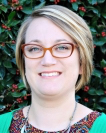
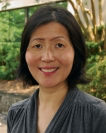


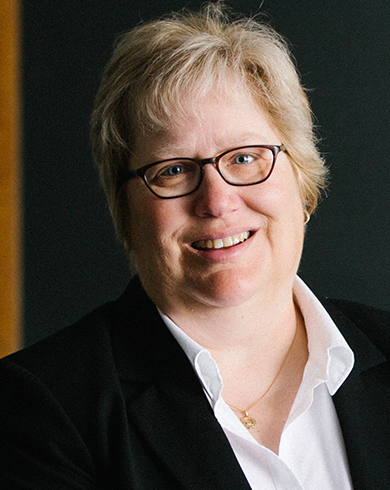
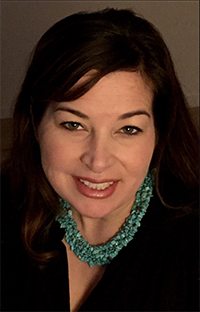
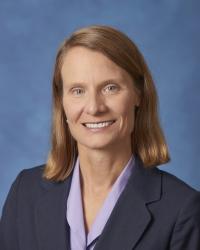
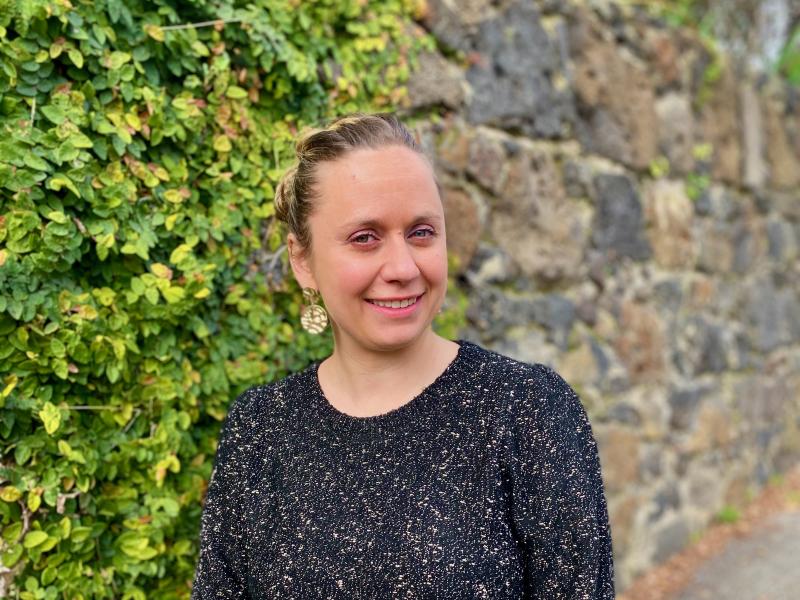
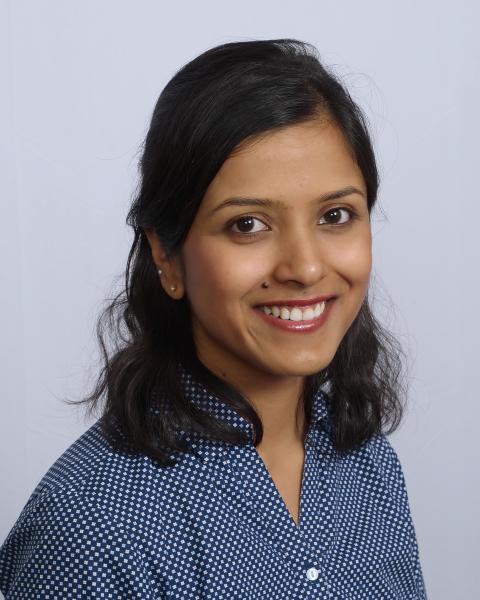
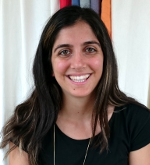
The goal of this collective is to offer opportunities for doctoral students interested in early childhood education, STEM, and children with disabilities to develop skills in promoting equitable STEM learning opportunities by using developmentally appropriate and evidence-based STEM practices.
Eligibility
Applicants must be:
- PhD or EdD students in early childhood education, special education, STEM education, or related fields. Strong priority will be given to students who are able to manage/balance time between your coursework, research, and the fellowship effectively.
- Demonstrate sustained progress toward the degree
Application process and requirements
The following materials are required for the application.
- 1. Personal Statement
Please answer the following questions:
Why are you interested in this program? Please include your career/professional development goals. (500 word limit) How do your interests, skills and knowledge align with the core values of the STEMIE? (500 word limit) Please describe how you will manage/balance the time between your coursework, research, and the fellowship, if you get accepted. (500 word limit) The FPG Child Development Institute has a strong commitment to diversity, inclusion, and equity in our work with each other and our partners. Please submit a brief statement of your commitment to diversity, inclusion and equity in your work. (500 word limit) - 2. Curriculum Vitae
Please include the following components: Full Name Contact Information (Phone & Email) Name of the University/ doctoral program/ Focus area What current year are you in your doctoral program? Research interests and related experiences Ongoing fellowship Presentations and publications related to STEM and/or children with disabilities - 3. Letters of recommendation from your academic advisor(s)
Selection process
Applicants will be evaluated and selected by the STEMIE doctoral collective committees.
- Review process: Review Period July-August of each year
- Notification of acceptance: August-September of each year
Frequently Asked Questions
Will I get a stipend/financial assistance from this collective?
Will I need to be relocated for the fellowship?
Is it okay if I have another fellowship?
Who will be my mentor?
